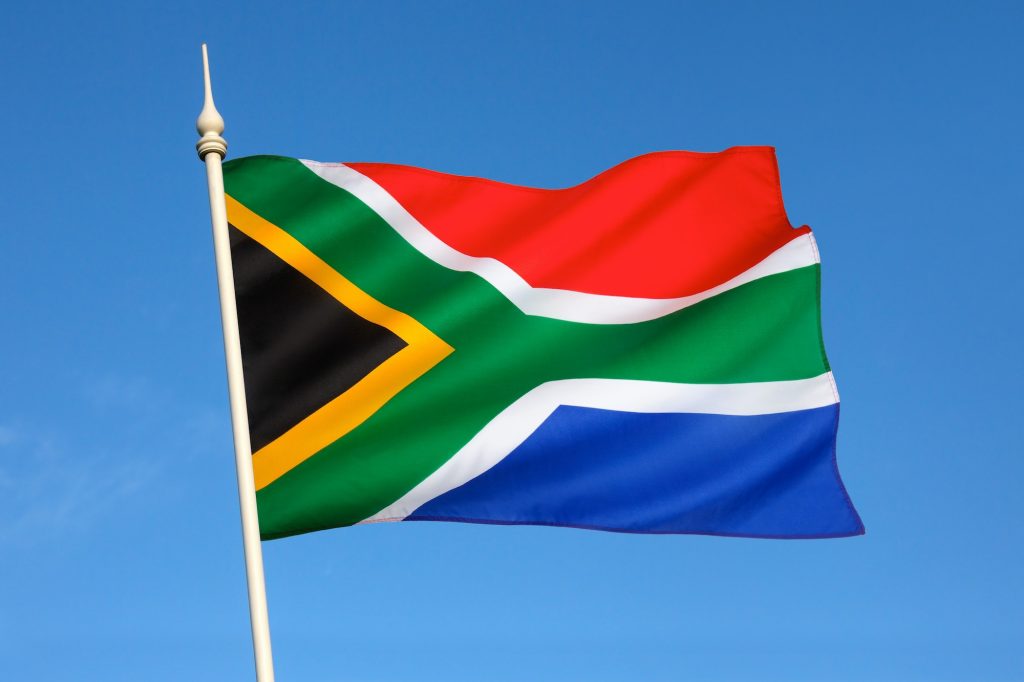South Africa’s minister of communications and digital technologies shares insights at ITU Council 2023 session
South Africa prioritizes digital inclusion through connectivity, innovation, and equal access, with support from the ITU Council to bridge the digital divide and promote widespread digital services.

South Africa’s Minister of Communications and Digital Technologies, Hon. Mondli Gungubele, underlined the importance of inclusion in technology’s transformational influence on human lives at the Geneva International Telecommunication Union (ITU) Council. ITU Council focuses on universal connectivity, digital skills, empowerment, inclusion, and strategic alliances. It is backed by a comprehensive master plan, digital economy strategy, and Fourth Industrial Revolution (4IR) strategy. Digital inclusion is crucial in underdeveloped regions like Africa, addressing unequal access to ICTs. ITU Council strives to promote economic growth, job creation, and societal development in South Africa by promoting digital transformation and encouraging local innovation.
Due to socio-economic and geographical discrepancies, Gungubele stated that South Africa faces a significant digital gap, with 20 million people missing access to high-speed internet. ITU may aid by offering policy direction, building regulatory frameworks, and encouraging collaboration among governments, international organizations, and private sector companies. Broadband connection plans, new business models, and collaborations aim to bridge the digital divide and ensure widespread access to digital services.
Connectivity is crucial for digital inclusion in South Africa, with a focus on leveraging technology to address people’s needs. South Africa’s strategy involves utilizing existing networks to establish last-mile connections and ensure households are connected. Innovative models like community networks, mobile network operators, digital innovation hubs, and public-private partnerships are being used to bridge the digital divide. The key pillars for building a tech-savvy society include robust infrastructure, diverse digital skills, equality in access, and fostering innovation and entrepreneurship. Digital inclusion also requires access to relevant content in local languages, aligning with the UN’s goal of leaving no one behind.

